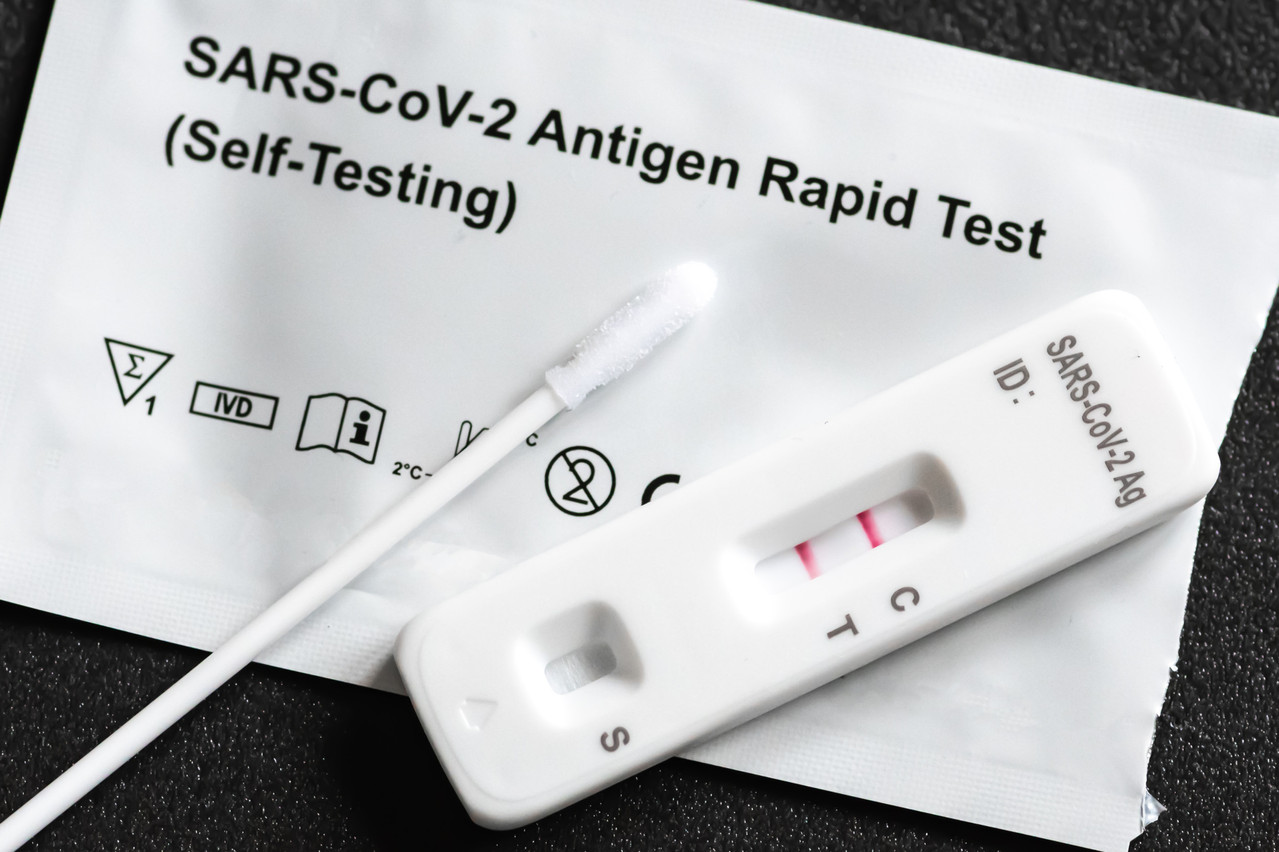Over the seven-day period, the number of PCR tests increased by a third, to 36,198. The incidence among unvaccinated people was higher--with 1,990.26 for 100,000 persons--than that of citizens with a full vaccine schedule (1,544.11 for 100,000 people). On average, this represents twice the rate of last week (889 for 100,000) with 1,682 cases for 100,000 people being recorded.
Hospitalisation rate stable, new CovidCheck regime adopted
, the number of hospitalised patients remains relatively stable, with new 49 admissions treated in normal care and 20 beds occupied in the country’s covid-19 intensive care units. Over the week, there were 12 recorded deaths with the average age of the deceased being 77 years old.
This news comes as the government debates a general vaccine mandate in parliament. An updated 2G+ regime was adopted earlier this week as well. Under the new rules, the vaccination certificate of a first vaccination schedule is valid for nine months, in line with an EU decision from December. In addition to that, people who completed their first vaccination schedule less than six months ago will be exempt from carrying out the additional self-test, as are people with a recovery certificate--valid for six months--or those with a booster dose. The waiting period for a booster shot has also been , as health minister Paulette Lenert (LSAP) announced last week.
The isolation period for vaccinated and recovered residents was also shortened if their rapid antigen test on the 5th and 6th day of isolation is negative.
Increase in all groups, impact on education
In its weekly report, the government underlines that the incidence rate has increased drastically in age groups, with the biggest rise recorded in the 0-14 age category (+195%), followed by the 15-29 group (+103%). Despite the 81,4% vaccination rate, the family circle (28,6%) remains the most likely site of infection, followed by travels abroad (11,8%) and hobbies (4,9%). For half the cases (50,8%), the origin of contamination is unknown.
Over the week of 3 to 9 January, 14,511 citizens were in isolation--a 79% increase--and 3,605 in quarantine, which represented 42% more cases than the previous week. Among those in isolation , which caused an organisational challenge for many schools. Over the first week of the year, the educational sphere had seen an exponential growth in cases. Around 598 cases had been recorded at the end of the year, while at the return from the winter holidays last week, 1797 cases were recorded for the elementary schools and 1822 for secondary schools.
On 12 January, a debate on a potential vaccine mandate took place in the chamber, with petitioners against the vaccine and the restrictions discussing the matter with member of parliament.
